4 Strategies Designed to Drive Metacognitive Thinking
Catlin Tucker
SEPTEMBER 22, 2018
Click To Tweet Too often students receive information, receive instructions, receive objectives, and receive grades without ever being asked to think about learning and the development of discrete skills. I believe that is a problem.


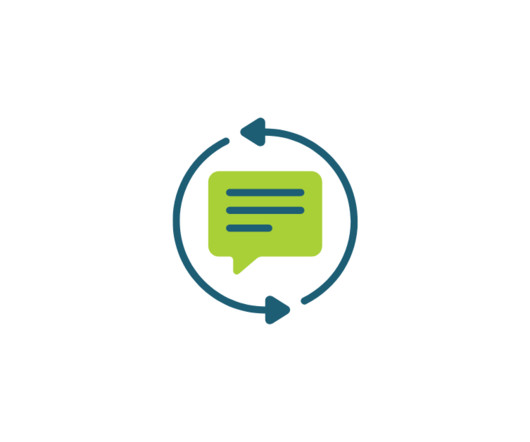
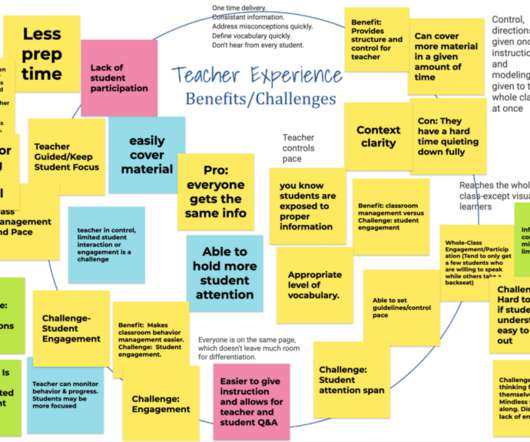
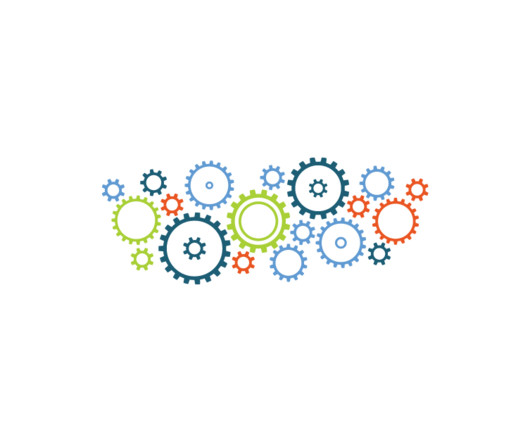
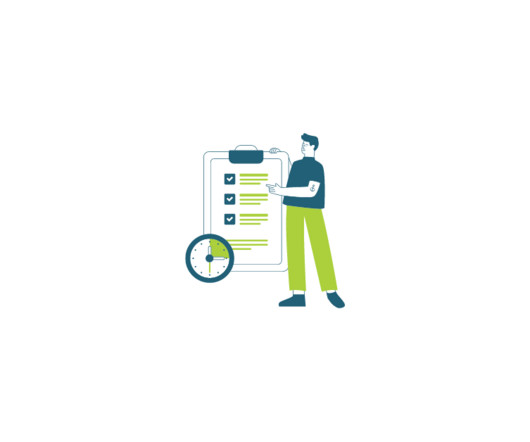
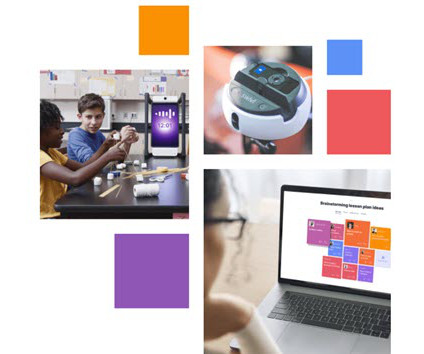



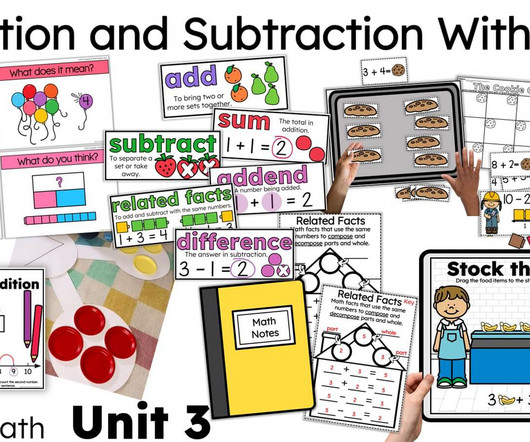






Let's personalize your content